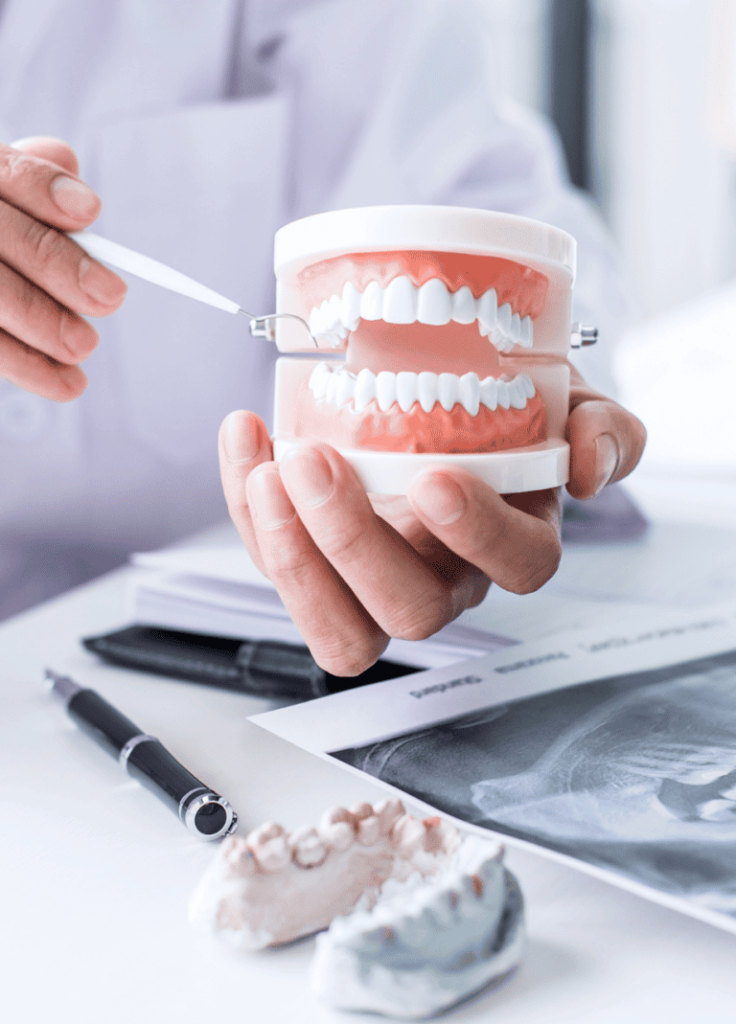
Reasons to Choose Dentures in West Roxbury, MA
Dentures remain a trusted solution for replacing missing teeth, and many patients prefer them over other options depending on their needs and lifestyle. Here are a few common reasons why dentures may be the right choice:
- Affordability: Compared to implants and other advanced treatments, dentures are often a more cost-effective way to restore your smile. They can last several years with proper care, and even when replacement is needed, they remain one of the most budget-friendly tooth replacement options.
- Less Invasive: For patients who want to avoid surgery, dentures provide a safe, non-invasive alternative. Unlike implants, they don’t require bone grafting or lengthy recovery times, making them especially appealing for individuals with health concerns or lower bone density.
- Faster Results: The process of receiving dentures is typically quicker than implant treatment. While implants can take months to complete, dentures can often be fitted within weeks, giving patients a faster path to improved function and confidence.
Every patient’s dental situation is different, and the right choice depends on your goals, health, and budget. At Parkway Dental in West Roxbury, Dr. Bano and Dr. Raza Baig take the time to review all options with you, so you feel confident making the decision that’s best for your smile.






